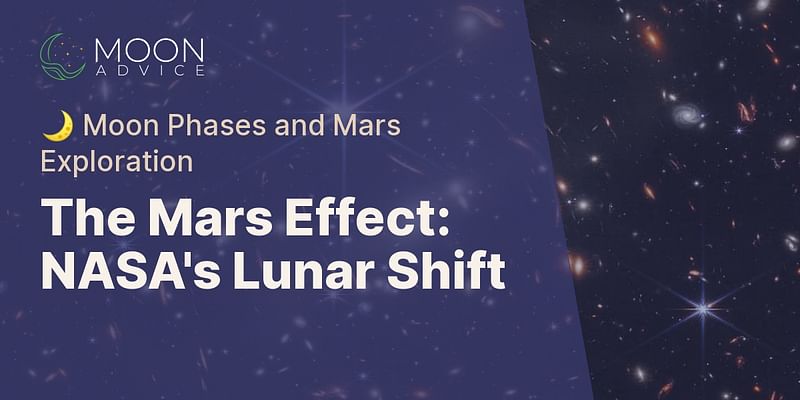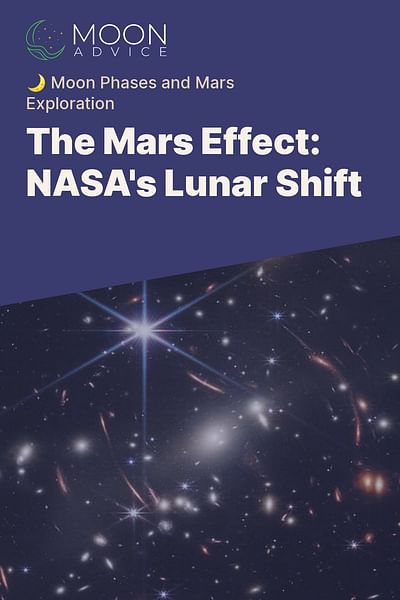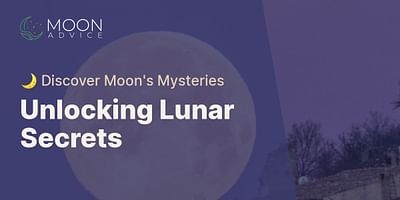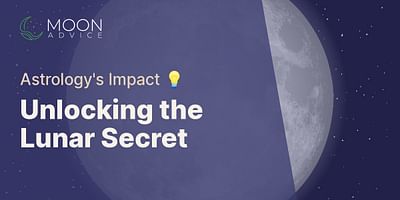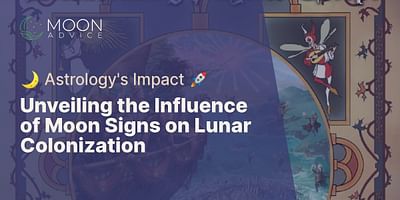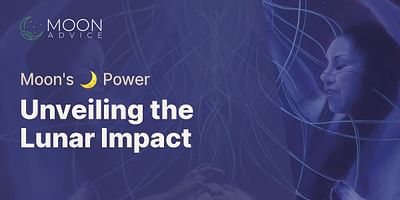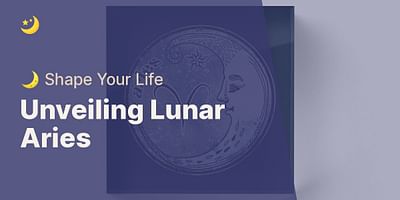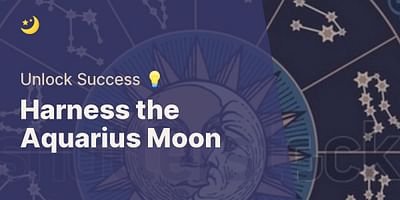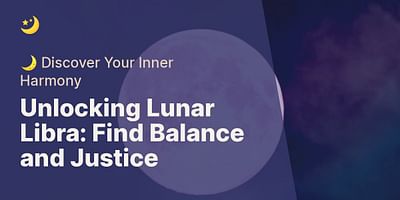Giovanna Bergstrom is a seasoned tarot card reader and a passionate follower of lunar signs. With her instinctive abilities, she assists individuals in comprehending their emotions and relationships during different lunar stages. Giovanna's readings are celebrated for their precision and profundity.
Dear reader,
Thank you for reaching out with such an intriguing question about NASA's decision to focus on Mars instead of returning to the moon. As a tarot reader and moon sign enthusiast, I can certainly shed some light on the influence of moon signs and phases on our decisions, including those made by NASA.
While NASA's decision-making process is undoubtedly complex and involves various factors such as scientific research, technological advancements, and budget considerations, it's important to note that moon signs and phases can also play a role in shaping our choices.
Moon signs, which are determined by the position of the moon at the time of our birth, are believed to influence our emotions, instincts, and subconscious desires. Each moon sign has its unique qualities and characteristics, which can impact our decision-making process.
Similarly, moon phases, such as the new moon, full moon, and various lunar cycles, have long been associated with different energies and influences. For example, the new moon is often associated with new beginnings and fresh starts, while the full moon is believed to amplify emotions and bring things to fruition.
Now, let's explore how these lunar influences could potentially impact NASA's decision to focus on Mars instead of returning to the moon.
Firstly, it's important to consider that Mars represents exploration, adventure, and the pursuit of knowledge. It symbolizes our desire to push boundaries and discover new frontiers. From an astrological perspective, Mars is associated with courage, ambition, and the drive to conquer challenges.
In contrast, the moon represents our emotions, intuition, and sense of security. It symbolizes our connection to our home, our roots, and our comfort zone. The moon is associated with nurturing, protection, and the need for stability.
Considering these symbolic associations, it's possible that NASA's decision to focus on Mars instead of returning to the moon could be influenced by the desire for exploration and the pursuit of new knowledge. Mars represents a bold and ambitious endeavor, pushing the boundaries of human exploration and scientific discovery.
Additionally, the moon's influence on our emotions and sense of security could also play a role in this decision. By venturing to Mars, NASA may be seeking to challenge our limitations, overcome our fears, and expand our understanding of the universe. This bold move could inspire a sense of adventure, excitement, and growth, both for the agency and for humanity as a whole.
It's important to note that while moon signs and phases can provide insights into our decision-making process, they are just one piece of the puzzle. NASA's decisions are based on extensive research, scientific data, and the expertise of countless professionals in the field of space exploration.
In conclusion, while we can speculate on the influence of moon signs and phases on NASA's decision to focus on Mars instead of returning to the moon, it's essential to recognize that this decision is multifaceted and involves numerous factors. By embracing the adventurous spirit of Mars and pushing the boundaries of human exploration, NASA is embarking on a remarkable journey that will undoubtedly expand our understanding of the universe.
If you'd like to explore more about moon signs, phases, and their influence on our lives, I invite you to visit Moon Advice. Our website offers in-depth articles and insights on lunar wisdom, helping you navigate your emotions, relationships, and decisions based on the influence of the moon.
May the moon's guidance illuminate your path,
Stellar Nightshade

